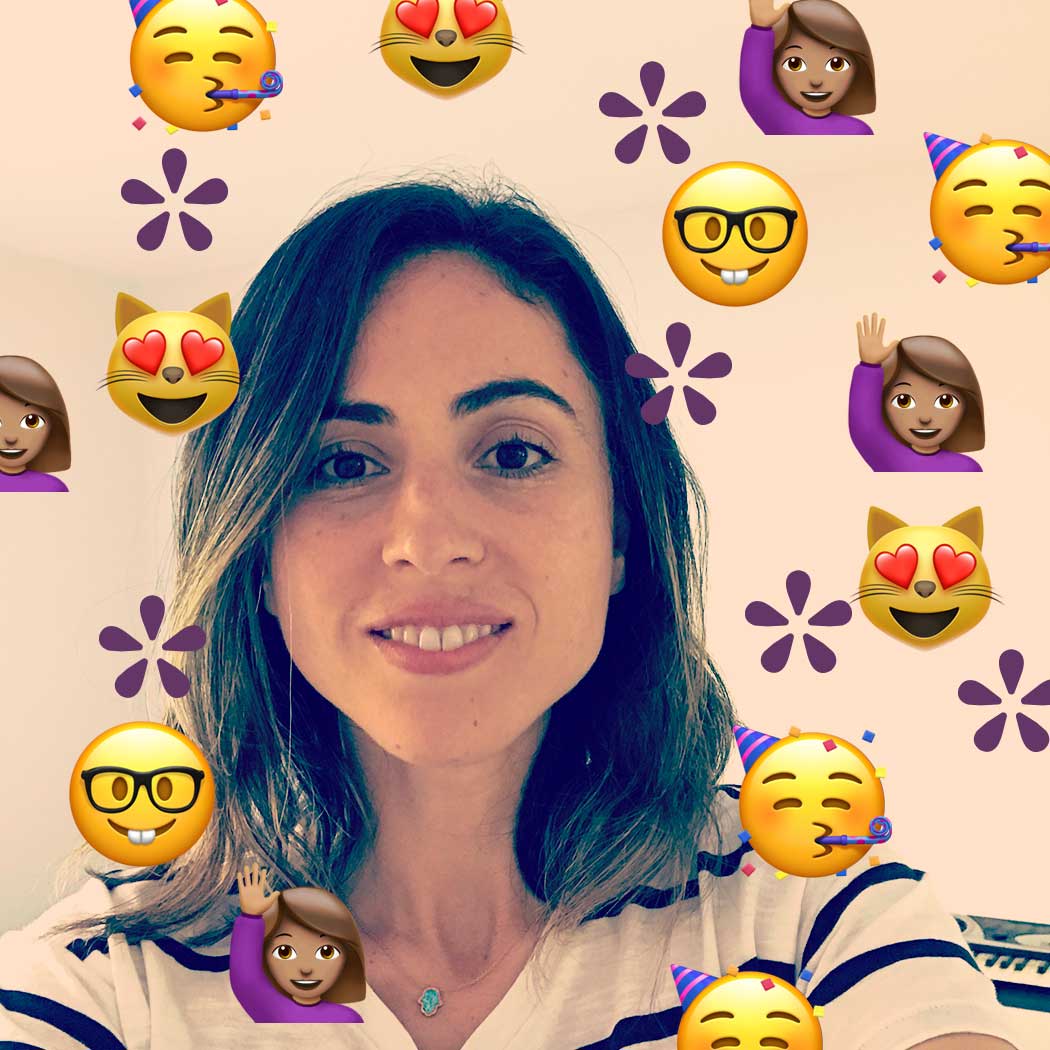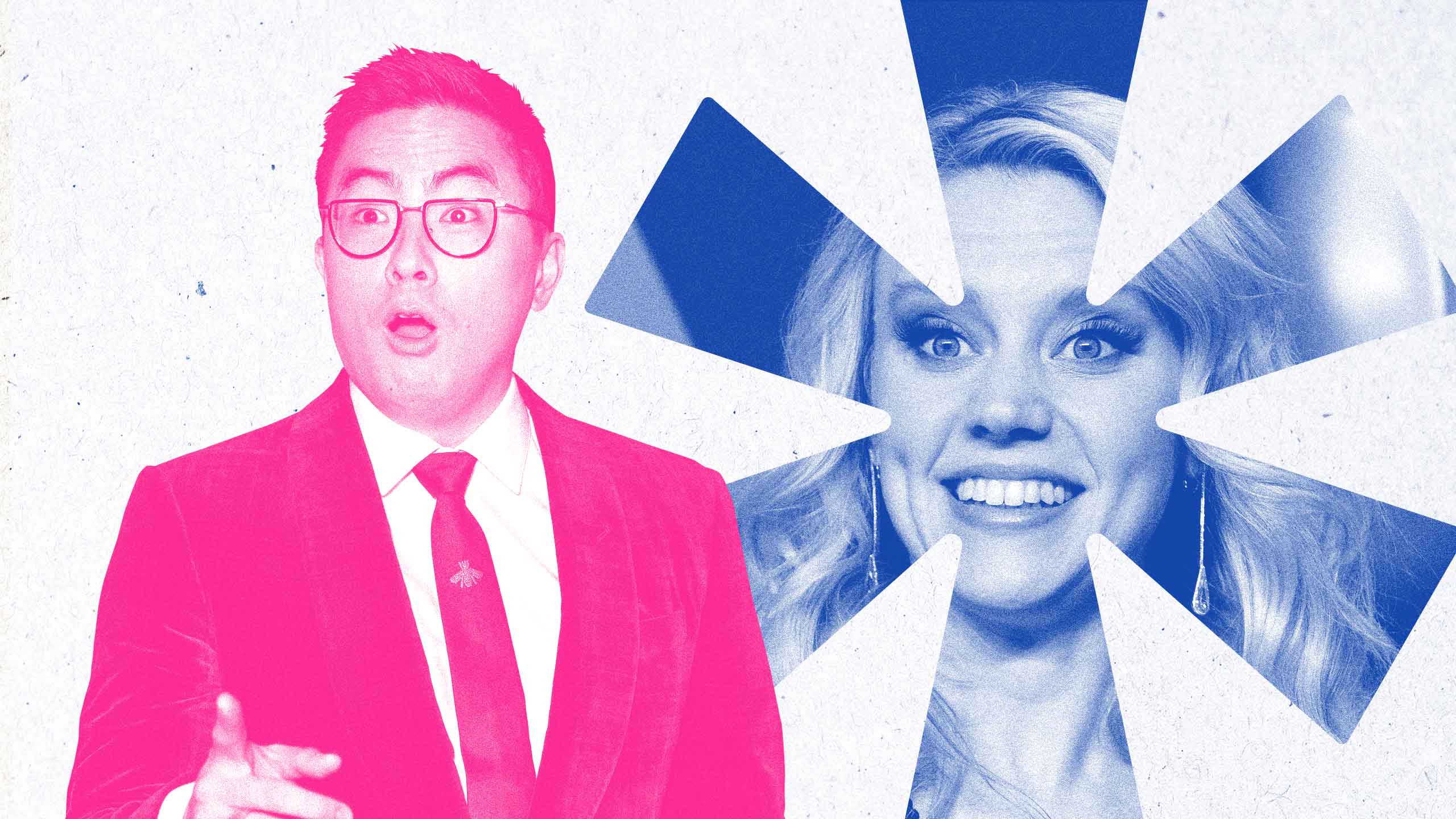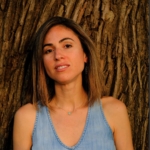
Hi everyone! It’s Zaina Arafat, contributing editor and books columnist here at Xtra, coming at you from Brooklyn, New York, where spring is finally, at long last, beginning to spring.
What’s the buzz 🐝?
Just a few short months ago, the pandemic was raging, and though I was lucky enough to be an in-person educator and in the first round of vaccine eligibility, hope still felt far off. But now, here in the city that never sleeps, the vaccine is rolling out hard and fast—as of this week, everyone over 16 is eligible—and we are creeping back toward some semblance of what we once had, including live theatre, as performance spaces open to limited audiences. I’ve deeply appreciated and enjoyed all the innovative ways that LGBTQ2S+ artists have found to spotlight their work and create safe virtual spaces over the past year, not to mention those among us who’ve taken to social media platforms to forge community and share messages and the delicious new queer content available to us via streaming sites. Still, the idea of sitting upright in a less-than-cushy seat in a dark room, warmed by the body heat of strangers on all sides, is so integral to both the city experience and the consumption of art. The promise of its return has kept me (well, all of us) going.
I’ve already been lucky enough to get a taste of live pandemic-time performance. A week ago, I went to Saturday Night Live for the first time (after only a total of nine years in NYC), the most storied if not stodgy of New York institutions that has not once changed its leadership (Lorne Michaels paced the floor, offering handshakes and the occasional hugs to cast members as they took to the stage), studios or format since 1975. Shockingly, its had only six openly queer cast members in over 40 years, two of whom are current cast members. When I was there, Maya Rudolph was hosting, and her four adorable kids and legendary husband, director Paul Thomas Anderson, were one cluster away from me and my pod of 12. Once the excitement of passing the required on-site COVID-19 test and being just a few feet away from Kate McKinnon (swoon) had subsided, I was able to take in the show. Amidst the usual humour and parodies, there were touches of the serious, including a moving and impassioned speech by queer Chinese-American cast member Bowen Yang on the rise of hate crimes against Asian Americans. It was a reminder that, even as things begin to bloom and brighten season-wise and COVID-wise, the shadow of bigotry and of loss of life still looms.
What were we thinking 🎭?
As I sat watching the “Applause” signs hungrily flash, nearly pleading, desperate, while clutching my $150 check for attending the live performance (a loophole that allows SNL to get around COVID-19 restrictions and bring in an audience), I thought about what it must’ve been like for the cast members to make the show without us there watching. Even with each other by their sides (or by their sides in individual Zoom boxes, at least until they could return to their stage last October), it must’ve still felt lonely. Yang spoke about how much he missed being in the studio and the live aspect of the show during those months. I thought about our role as audience members: The performers as the proverbial tree in the woods and we the witnesses of its sound as it falls. What do viewers bring to a performance, what role do we play in shaping it? Are we there to interpret, to make meaning, to validate and thereby bestow value?
In his essay, “Death of the Author,” Roland Barthes writes, “It is because the reader sees all, the writing as well as the intertextuality of their own life experience, that a text’s unity lies not in its origin but in its destination.” Maybe that’s it—by receiving the work through the lens of our life experiences, we transform it into something relatable, funny or absurd. We become the crucial ingredient that alchemizes words on a page into literature, a skit into a performance and a performance into art.
Or maybe we’re there simply to acknowledge and observe. We all seek witnesses to our human experience, our joy, our pain, our loves, our losses, our transitions. More than approval, sometimes we need simply to be seen, just as we are, or as who we are trying to become. In the same way, the creator needs a witness to their work, to make it breathe and pulse. There is a bizarre yet powerful intimacy that exists between the creator and consumer of art: In spite of their complete estrangement from one another, and the fact of their never having met before, they are expected to work together to bring a thing to life. Art is a verb that takes two to put it into motion; communication is at once its trigger and its purpose. Without the viewer there to behold it, the tree’s sound is muted.
In other Xtra news 🌎
👉“My love for this album is perhaps the most significant relationship I’ve had with an older queer woman of colour.” Angelica Cabral writes about discovering Tracy Chapman and finding solace and hope in her lyrics as a young brown queer person during a dark time in the U.S., while also figuring out how to embrace her own queerness.
👉Hannah Copestake writes about her bath time ritual as a means of escape and self-care during lockdown, along with subverting the male gaze and reclaiming womens’ queer experiences with bathing as a safe and intimate space.
👉“I think there’s a huge missing piece in the music industry, and that is non-binary people.” Leslie Ken Chu chats with Surrey, B.C., artist Kylie V about their debut album, as well as longing, escape and finding a sense of belonging.
👉Canada Christian College (CCC), presided over by conservative evangelical pastor Charles McVety, may soon be able to grant bachelor’s degrees. Paula Tran writes about the CCC’s possible accreditation and its troubling consequences for LGBTQ2S Ontarians.
👉Want more headlines? Subscribe to Xtra Weekly.
Gifbox
Start spreading the news, theatre’s comin’ back to town:



 Why you can trust Xtra
Why you can trust Xtra


